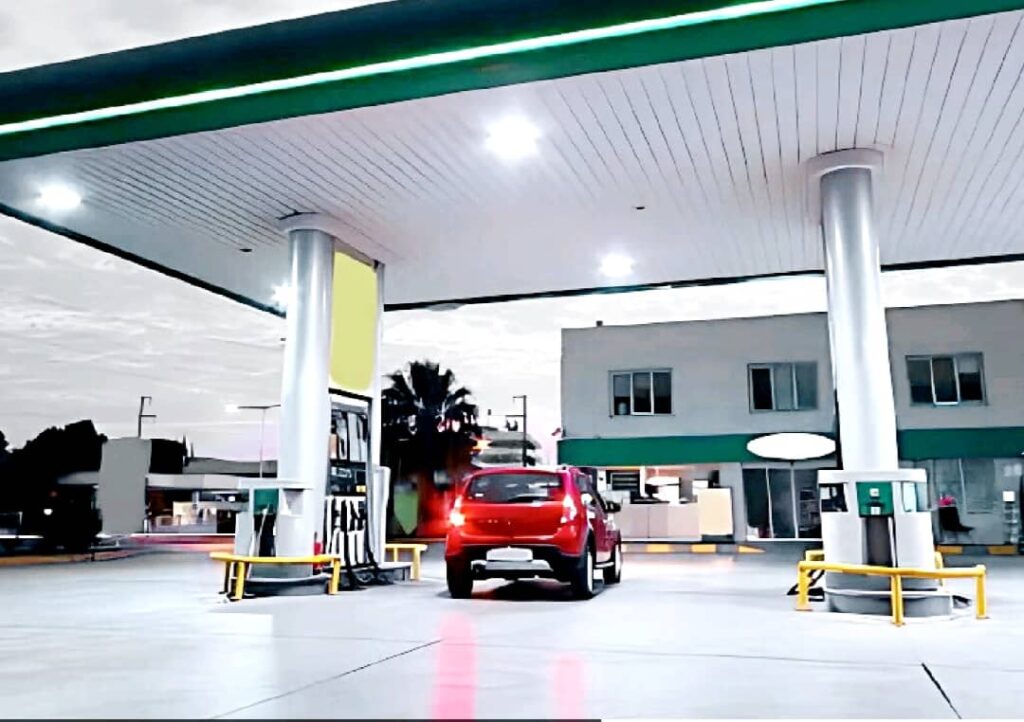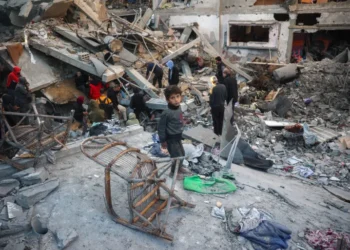Ghanaian consumers have enjoyed another round of fuel price cuts at the pumps, as several Oil Marketing Companies (OMCs) reduced their prices this week. However, looming geopolitical tensions in the Middle East could reverse the trend, with some OMCs already hinting at a potential 10% to 20% hike in petrol and diesel prices by July 1, 2025.
The current reductions represent the second consecutive drop in fuel prices during the second pricing window of June 2025. Industry insiders say the adjustments are largely driven by intense competition among major players in Ghana’s deregulated downstream petroleum market.
Market leader Star Oil led the latest round of cuts by reducing petrol from GH₵10.99 to GH₵10.80 per litre and diesel from GH₵12.77 to GH₵12.13 per litre, effective Thursday, June 19.
Allied Oil, another major player, will follow suit on today, June 20, dropping its petrol price from GH₵10.97 to GH₵10.75 per litre. Zen Petroleum also aligned its new petrol price to GH₵10.75, matching Allied’s offer.
These moves come as part of a broader market trend triggered by Ghana’s Price Deregulation Policy, introduced in 2015, which allows supply and demand dynamics—as well as global price movements—to determine fuel prices.

Mr. Benjamin Nsiah, Executive Director of the Center for Environmental Management and Sustainable Energy, told The Vaultz News that “the price cuts are less about macroeconomics and more about market share. It’s a race to the bottom right now.”
The strengthening of the Ghana cedi in recent months has significantly helped reduce import costs for petroleum products. According to data from the Bank of Ghana, the local currency has appreciated against the US dollar since March 2025. This development has been a crucial buffer against rising international oil prices.
“Without the cedi’s performance, these pump price cuts wouldn’t have happened. We’ve seen six consecutive reductions now.”
Mr. Benjamin Nsiah, Executive Director of the Center for Environmental Management and Sustainable Energy
Warning Signs for July

Despite the current relief, some OMCs are warning consumers to brace for possible price hikes in July if geopolitical conditions remain volatile. Star Oil has already issued an internal communication to its distributors, stating:
“For your planning purposes, please take note that if current global developments are sustained, we expect a 10% and 20% increase in petrol and diesel prices effective 1 July 2025.”
Star Oil
The warning follows a sharp uptick in global oil prices amid intensifying conflict between Israel and Iran, two major geopolitical players in the Middle East. Since the conflict began, international crude prices have jumped from $66 to $76 per barrel.
“Every dollar increase in global crude prices puts pressure on our pricing modules, even with a stable cedi.”
Mr. Benjamin Nsiah, Executive Director of the Center for Environmental Management and Sustainable Energy
The Israel-Iran conflict has created fears of supply disruptions, especially in the Strait of Hormuz—a critical chokepoint for global oil shipments. This has injected fresh volatility into international markets, with Brent Crude recording its highest weekly gain since February 2025.

Deputy Ranking Member on Parliament’s Energy Committee, Collins Adomako-Mensah, recently warned: “We don’t live in an island. These are two oil-solution countries, and it is definitely going to have a toll on our oil prices.”
While consumers are currently enjoying lower pump prices, the future remains uncertain. Analysts are closely monitoring not just global oil price trends but also the performance of the Ghana cedi, which could serve as a stabilising factor in the event of prolonged conflict.
With July fast approaching, both consumers and transport operators should prepare for potential volatility. While the current price reductions offer temporary relief, the situation remains fluid, and market forces could reverse the trend quickly.
Industry stakeholders are advising Ghanaians to stay informed and monitor updates from major OMCs and government agencies. Whether July brings further relief or a sudden spike in prices will depend largely on international developments beyond Ghana’s control—and the resilience of the cedi.
READ ALSO: Fitch Warns Ghana Risks Downgrade Over Inability to Reopen Local Bond Market



















